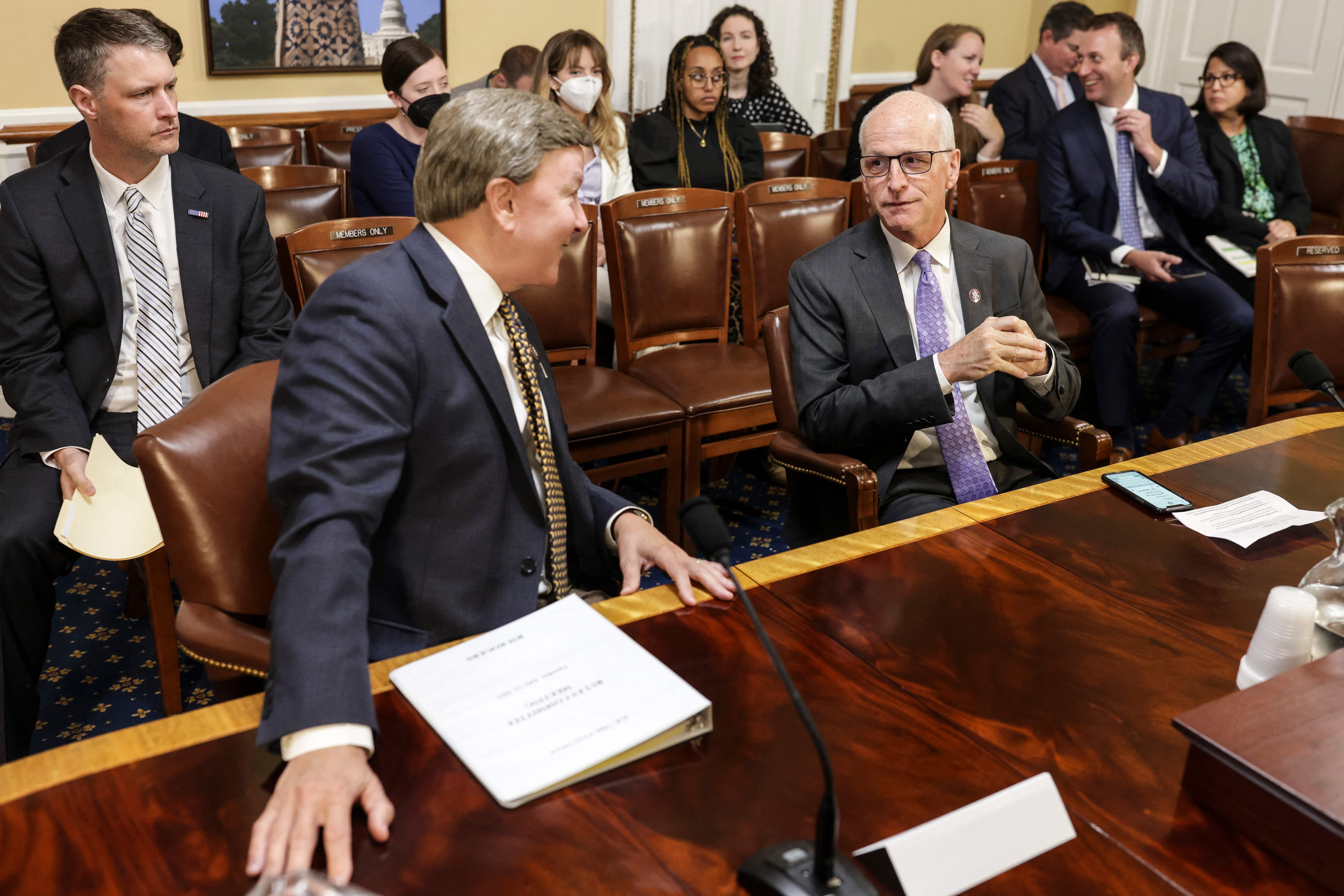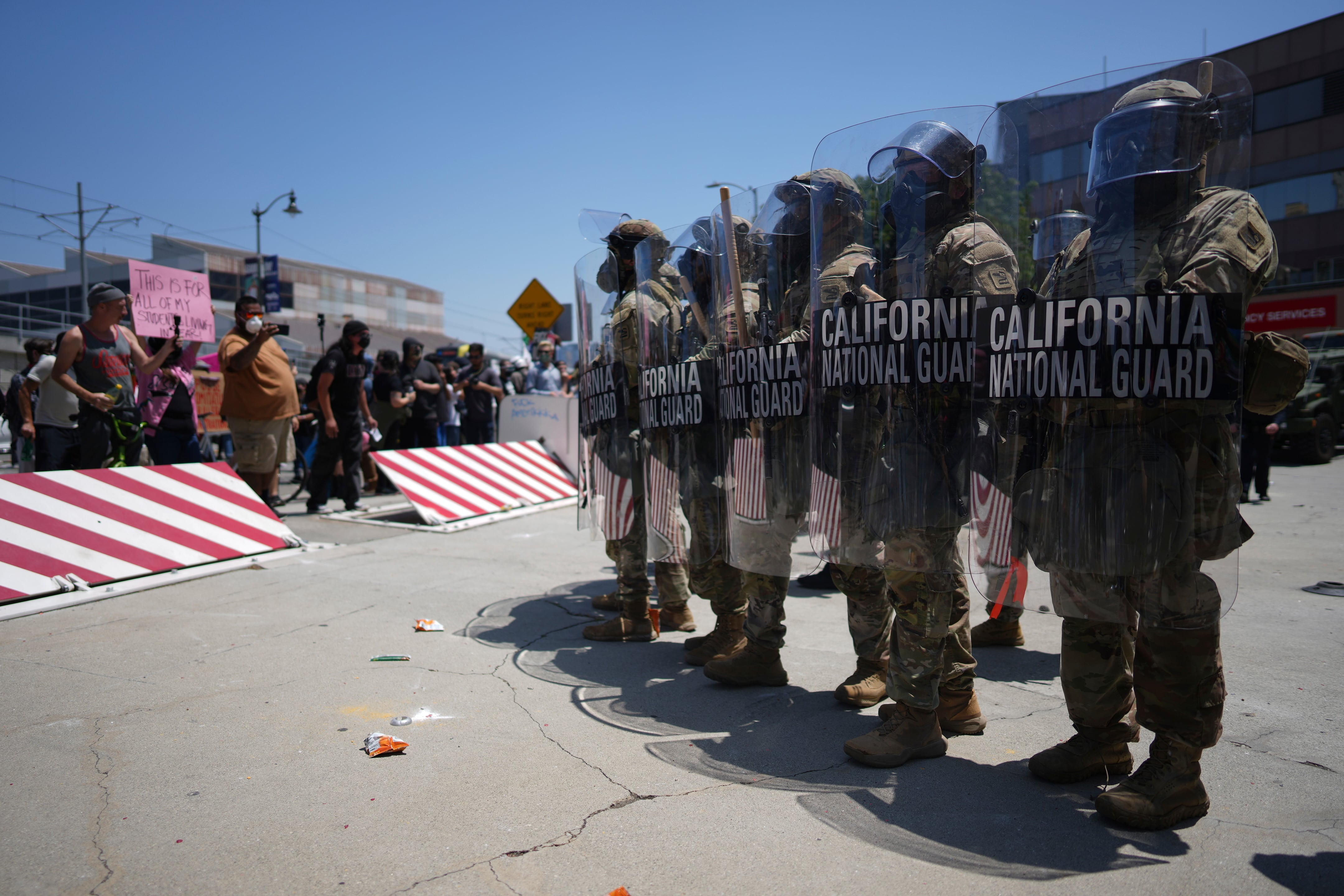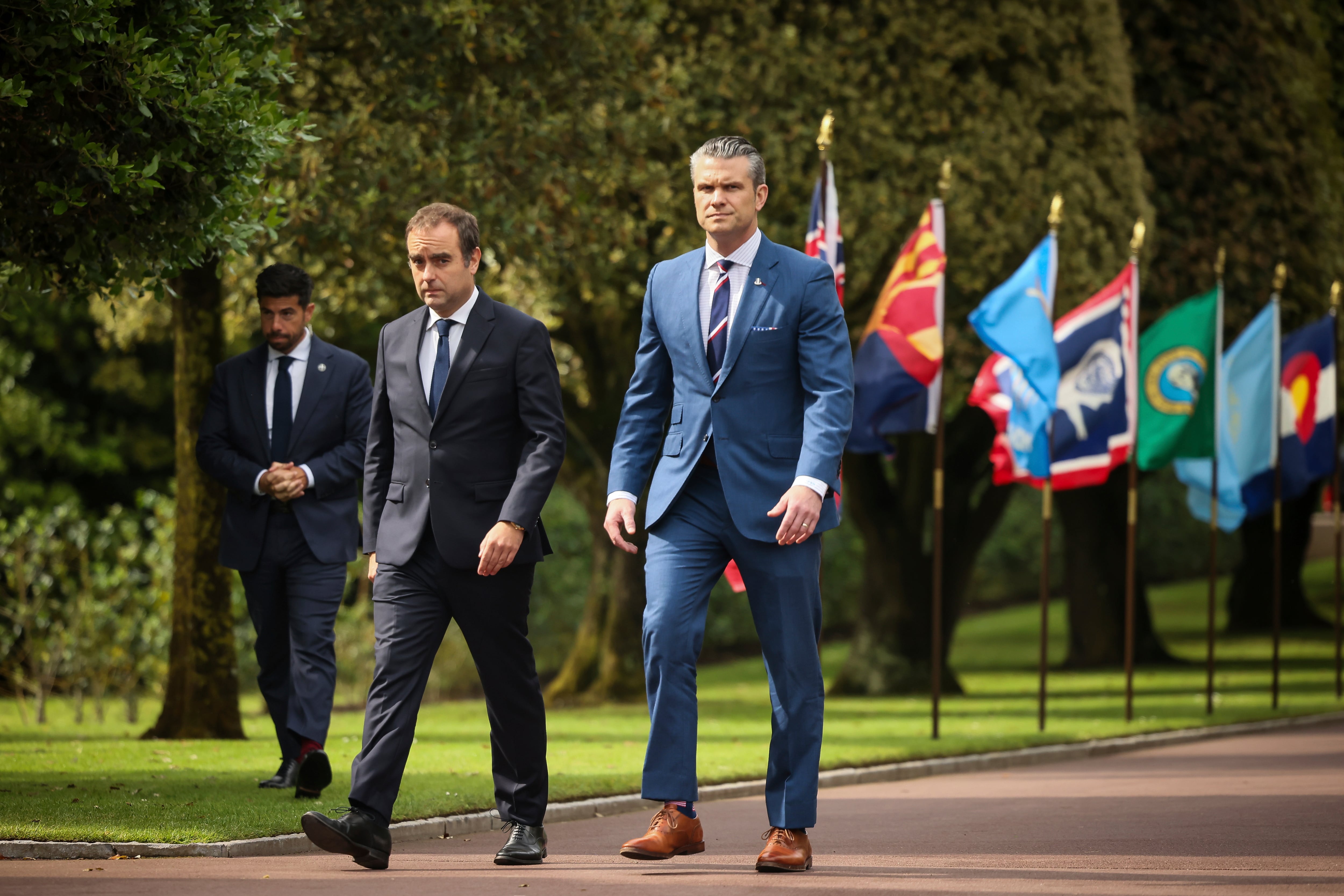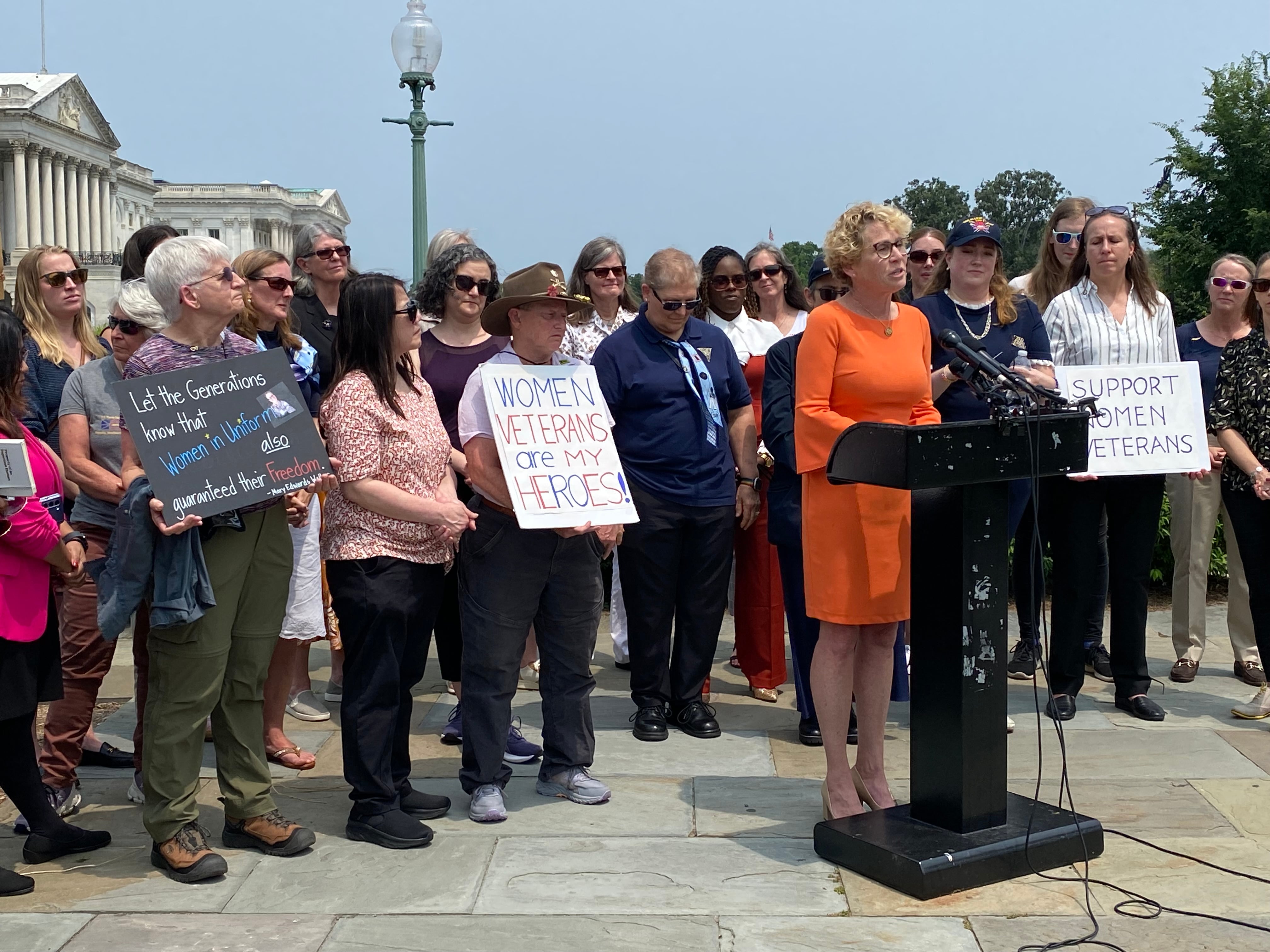The military’s COVID-19 death count rose to 46 this week, as a surge that began in mid-August continues to escalate.
The number of deaths has soared in the past two months. In mid-July, there had been 26 deaths, the first of which came in March 2020. As of Wednesday, 20 more troops had died, as SARS-CoV-2′s delta variant has ripped through much of the country, with new case numbers even higher than before vaccines became widely available.
As of Tuesday, according to Pentagon spokesman Army Maj. Charlie Dietz, no fully vaccinated troops have died of COVID-19.
The new deaths include:
- Army National Guardsman, 56, assigned to Joint Force Headquarters Tennessee, died Aug. 27 in San Antonio, Texas.
- Army National Guard staff sergeant, 57, assigned to 1st Battalion, 169th Aviation Regiment in Birmingham, Alabama, died Sept. 1.
- Army Sgt. Kevin George, 41, a motor transport operator serving a stint with the Richmond Recruiting Battalion, in Virginia, died Sept. 8, 2021.
The Guardsmen’s families had not approved release of their names as of Thursday afternoon.
Until this summer, the services had generally reported one or two deaths a month, with a couple outliers, including four deaths last November and a period in May and June with no deaths. But since late July, when COVID surges brought back mask mandates in many parts of the country, the deaths have held steadily at several per week.
RELATED
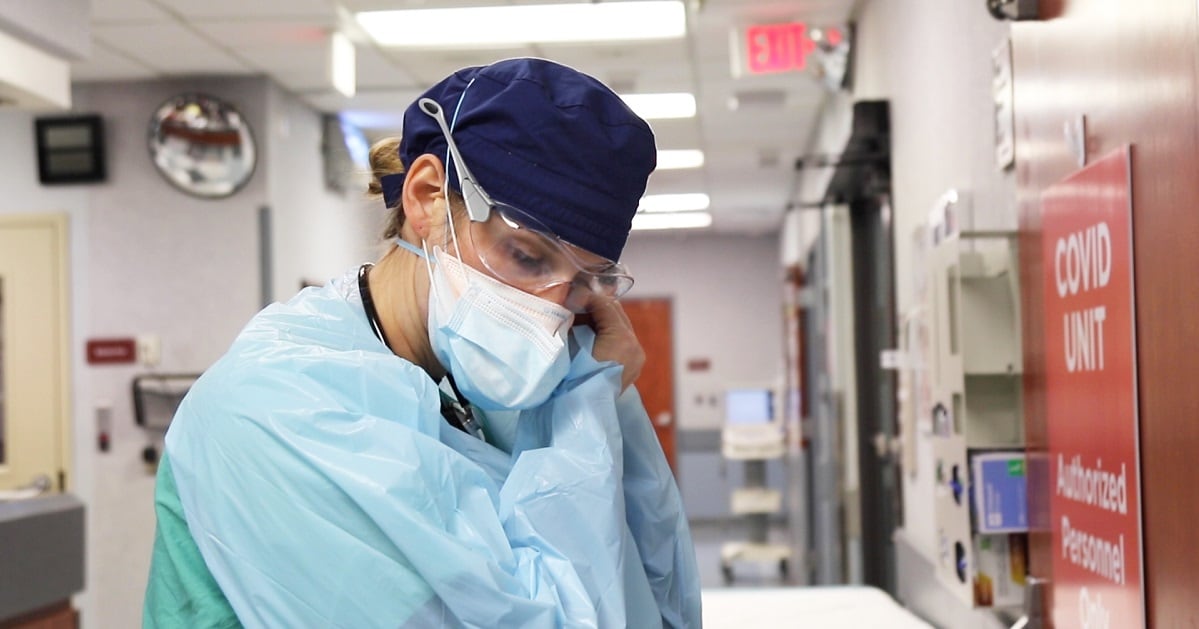
The military’s current mortality rate is 0.02 percent, vastly lower than the nationwide 2 percent rate, but still many times higher than at any other point during the pandemic. Conversely, the civilian death rate was as high as 6 percent during the earlier days of the pandemic, which has fallen steadily as testing and treatment have improved.
The department is set to spend $3.2 million on roughly 1.8 million doses of monoclonal antibody treatments, according to a Tuesday news release. Administered within the first days of onset of symptoms, the treatment has proven highly effective against serious illness in COVID-19 patients.
DoD’s latest count shows that 51 percent of the active-duty and reserve components are fully vaccinated, with another 16 percent having received the first of a two-dose vaccination.
The numbers show that reserve and National Guard troops are far less likely to be vaccinated than their active-duty counterparts, 88 percent of whom have had at least one dose of a vaccine, Pentagon spokesman John Kirby told reporters Wednesday.
The Navy is leading the services in vaccinations, by a lot. As of Wednesday, 83 percent of their active-duty force, 78 percent of the total fleet, is fully vaccinated. By contrast, 69 percent of the active-duty Air Force and Space Force are fully vaccinated, with 65 percent of their reservists and Guardsmen.
More than 11 percent of the force has started the vaccination process since DoD announced it would mandate them, Kirby said. That number is expected to rise, and soon, as all of the services have released mandatory vaccine policies.
Active-duty airmen and guardians have until Nov. 2, with another month for reservists; active-duty sailors and Marines have until the end of November, with another 30 days for reservists; and active-duty soldiers have until Dec. 15, though the Army opted to give its reserve component until June 30, 2022.
RELATED
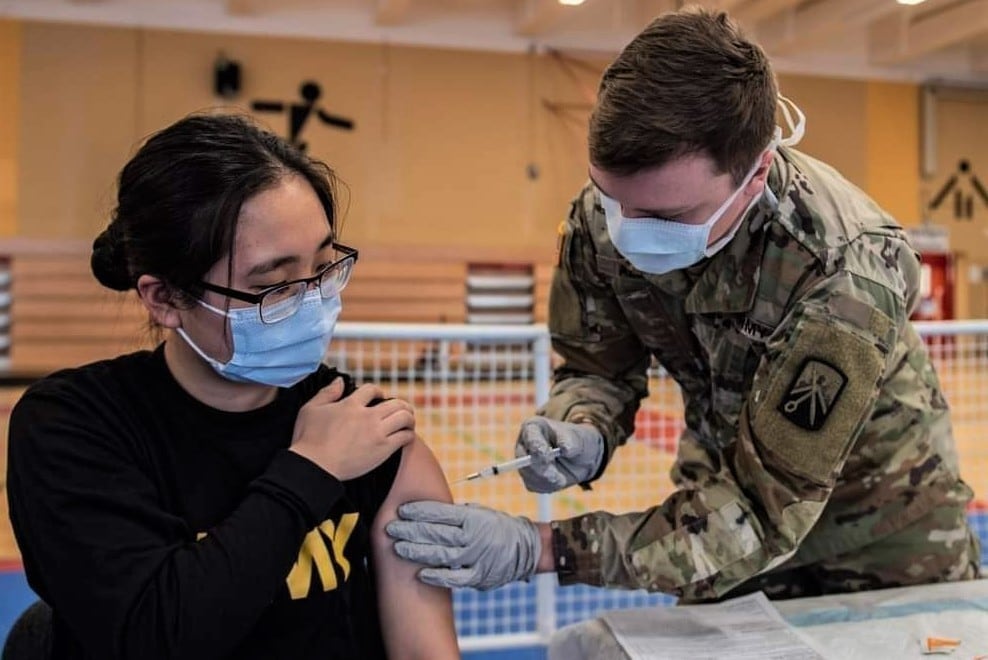
All of the services’ policies include administrative, or possibly criminal, action for troops who refuse to get vaccinated and are unable to obtain a religious or other waiver.
Only the Pfizer vaccine, dubbed Comirnaty commercially, has received full Food and Drug Administration approval, making it the only vaccine that the military can mandate. However, the Moderna, Johnson & Johnson and AstraZeneca varieties can be taken voluntarily.
When he first announced his intention to mandate COVID-19 vaccines, in early August, Defense Secretary Lloyd Austin said he would ask for a waiver from President Joe Biden to make them mandatory by mid-September ― whether or not any of the vaccines received full licensure by that time.
There is no update on whether Austin will ask Biden to expand the pool of COVID-19 vaccines for troops, Kirby told Military Times.
Meghann Myers is the Pentagon bureau chief at Military Times. She covers operations, policy, personnel, leadership and other issues affecting service members.

